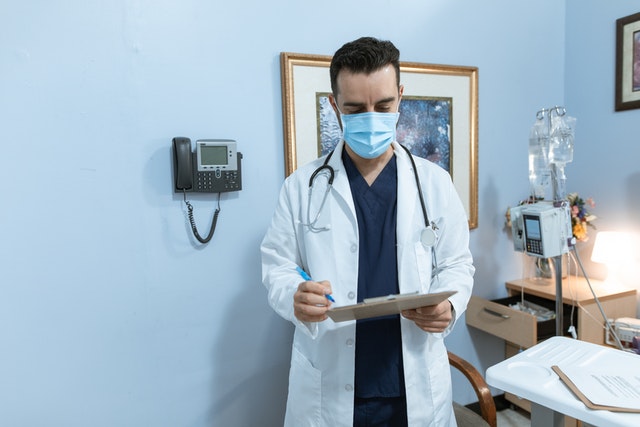Local patients who are approaching specialists for a liver scan should be aware of some of the protocols that are in place.
These procedures are incredibly valuable, assisting professionals as they examine cases of fatty liver, cancers, autoimmune diseases, cirrhosis, hepatitis and other genetic conditions that need to be addressed.
Rather than just turning up and hoping for an immediate resolution, there are some steps that men and women need to take to ensure that they get the type of results they are hoping for from niche providers in the market.
Consult With a Doctor First
The first step that individuals should take as they examine the liver scan process is to consult the matter with their trusted GP. This is where they will outline their symptoms, the type of medicines they have been consuming and other lifestyle factors that could contribute to the situation. Once those private conversations have been held, they will offer a referral to a specialist for the scan to be complete, allowing them to assess the information at the completion of the scan.
Obtain Hepatologist Referral
The type of medical specialist that will oversee a liver scan will often be a hepatologist, a practitioner who focuses on this area of the body as they assess the type of issues and conditions that the liver can encounter over time. The document will include all of the relevant information that the practice needs, including authorisation from the doctor, the name and contact information of the patient and the reason for the referral. This piece of paper cannot be lost because it ensures the authenticity of the appointment.
Identify Suitable Appointment Time

Patients who need to have a liver scan processed have to consider what appointment time would work for their schedule but more importantly, they need to fast track this procedure to ensure that they have results as soon as possible. That might require a compromise on other work and family commitments during the week, requiring some contingency planning on their behalf. Depending on the practice, availability times can be limited, so it is beneficial to make early contact with the provider and guarantee a placement time in due course.
Arrive to Appointment With Necessary Details
In order to proceed with a liver scan appointment, it is essential that community members have the referral on hand as well as any accompanying Medicare and private health insurance details. This is to allow men and women to have their scan complete as they navigate the payment requirements and provisions. The policies with rebates won’t always be consistent across the board depending on the provider, so the more information that is introduced to the appointment, the easier it will be to work around various scenarios.
Afford Extra Time
New patients who arrive for a liver scan procedure will need to fill out key documentation, ensuring that their details are accurately placed into the system. Rather than being in a rush with this process, it is beneficial to arrive anywhere between 15-20 minutes earlier than scheduled to work through the documentation and complete it in due course. It will also allow participants to avoid a last minute rush if there happens to be delays in traffic or parking.
Summary
Once community members arrive and have their liver scan completed, they will appreciate the process and the type of outcomes it provides. Even if there are areas of concern that require further assessment, it will be the scan that offers a thorough examination and helps to deliver early detection for early intervention. The objective in this case is to access better health outcomes for patients, so if they adhere to these strategies, they will be well placed.




